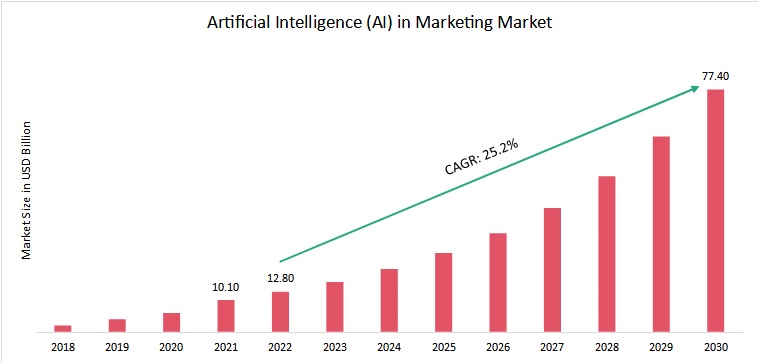Artificial Intelligence (AI) has become an integral part of our daily lives, revolutionizing the way we work, communicate, and solve problems. As technology evolves, so do the new research trends in AI. In this article, we will explore the latest developments and future possibilities in the field of AI research.
Introduction to New Research Trends in AI

In recent years, AI research has gained momentum, leading to groundbreaking discoveries and innovations. This section provides an overview of the current landscape of AI research and its significance in various industries.
1. Natural Language Processing (NLP) Advancements
NLP has witnessed significant advancements, enabling AI systems to understand and generate human language with remarkable accuracy. We delve into the latest techniques, including transformer models and GPT (Generative Pre-trained Transformer) variants, which have transformed how machines comprehend and produce language.
2. Computer Vision Breakthroughs
AI-driven image recognition and processing have reached new heights. Explore the latest computer vision techniques, such as convolutional neural networks (CNNs) and object detection algorithms, that have paved the way for applications like facial recognition, autonomous vehicles, and medical image analysis.
3. Explainable AI (XAI) Research
The black-box nature of AI algorithms has been a concern. XAI focuses on making AI systems transparent and understandable for users. Learn about the research trends in XAI, including model interpretability methods, ensuring that AI-driven decisions are explainable and trustworthy.
4. AI in Healthcare Innovations
AI has revolutionized healthcare with predictive analytics, drug discovery, and personalized medicine. This section explores recent research breakthroughs in AI applications within the healthcare sector, emphasizing their potential to enhance patient care and streamline medical processes.
5. Ethical AI and Bias Mitigation
Addressing ethical concerns and biases in AI systems is crucial. Delve into the latest research efforts aimed at mitigating biases in AI algorithms and ensuring fairness, accountability, and transparency in AI applications across diverse demographic groups.
6. AI for Climate Change Solutions
Climate change poses significant challenges, and AI is being leveraged to find innovative solutions. Explore how AI-powered technologies, such as climate modeling and environmental monitoring, are aiding in understanding climate patterns, predicting natural disasters, and developing sustainable practices.
7. Quantum Computing and AI Integration
The integration of quantum computing and AI holds immense potential. Quantum AI research focuses on leveraging quantum algorithms to enhance machine learning capabilities. Learn about recent developments in this interdisciplinary field and its implications for the future of computing and problem-solving.
8. AI-driven Creativity and Art
AI algorithms are now capable of generating creative content, including art, music, and literature. This section explores the intersection of AI and creativity, highlighting the latest trends in generative adversarial networks (GANs) and creative AI applications, blurring the line between human and machine-generated art.
Conclusion
As we conclude this exploration of AI’s new horizons, it’s evident that the possibilities are limitless. The key lies in responsible adoption and continuous collaboration between researchers, developers, and users. Embrace the future of AI with an open mind and a commitment to ethical practices.
If you’re eager to witness these advancements in action, don’t hesitate to request a demo from AIM Technologies. Experience firsthand how AI is revolutionizing industries and discover tailored solutions for your business needs. Together, let’s shape a future where AI enriches lives and empowers societies.
FAQs
What are the key challenges in AI research today?
- AI research faces challenges related to ethics, biases, and the responsible use of technology. Ethical considerations and transparency are critical in addressing these challenges.
How is AI being used in climate change research?
- AI is used in climate change research for tasks like climate modeling, predicting extreme weather events, and analyzing environmental data to develop sustainable solutions.
What role does quantum computing play in advancing AI capabilities?
- Quantum computing enhances AI capabilities by solving complex problems faster and more efficiently, leading to advancements in machine learning algorithms and optimization tasks.
Can AI-generated creative content be considered art?
- The debate about AI-generated content as art is ongoing. Many argue that creativity involves human emotions and experiences, which AI lacks. However, AI-generated content continues to push the boundaries of creative expression.
How can AI mitigate biases in decision-making processes?
- AI biases can be mitigated through diverse and unbiased datasets, transparent algorithms, and ongoing evaluation and adjustment of models to ensure fairness and accuracy.




